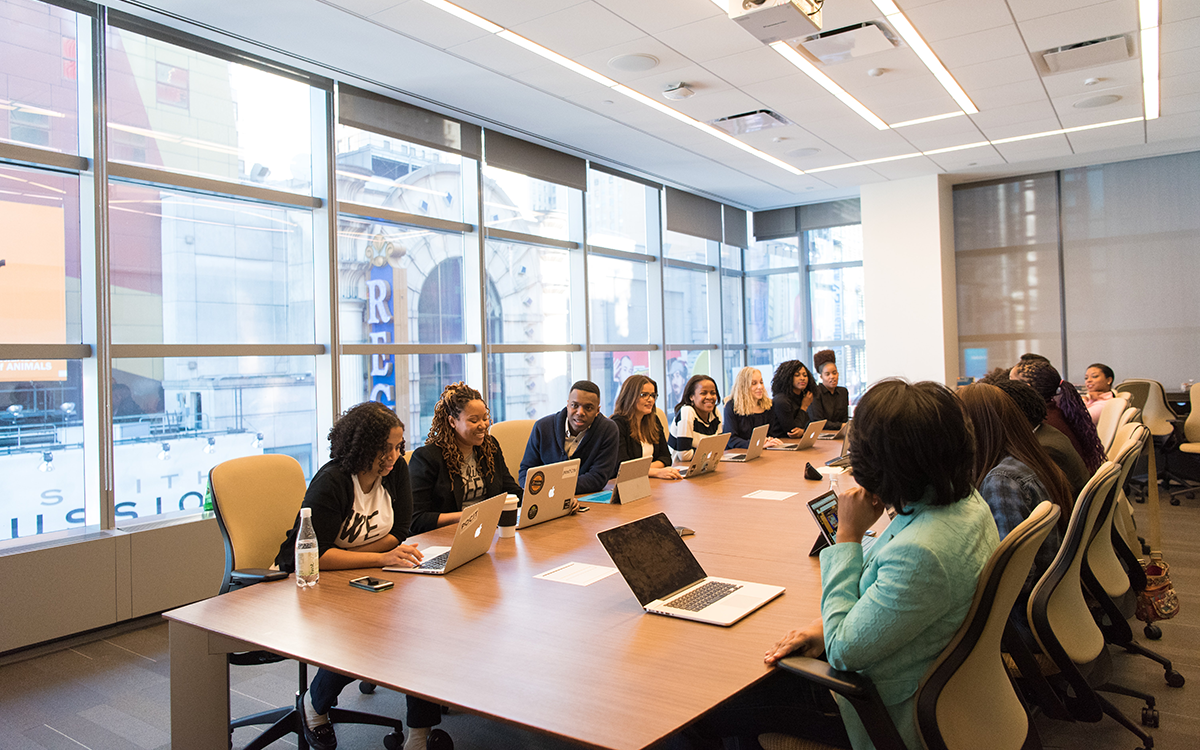Small grants available for building relationships between researchers and policy partners.

Deadline: Wednesday 21 February 2024, noon
The Bartlett Policy Support Fund provides small amounts of funding for Bartlett staff working to influence public policy with their insights and research. The fund supports staff to create new relationships with policy partners or to continue to build connections to existing policy projects. The Bartlett Policy Support Fund offers £3,000 to £5,000 per applicant (we have a total of £16,000 to distribute) which must be spent or transferred to an external partner by 31st July 2024.
Documents
Bartlett Policy Support Fund 2024 full guidance
Public Policy Support Fund: Application Form
Find out more about past projects funded by the Bartlett Policy Support Fund.
If you have any questions about the fund, please contact the Faculty Impact Manager, Julie Hipperson at j.hipperson@ucl.ac.uk.
 Close
Close

